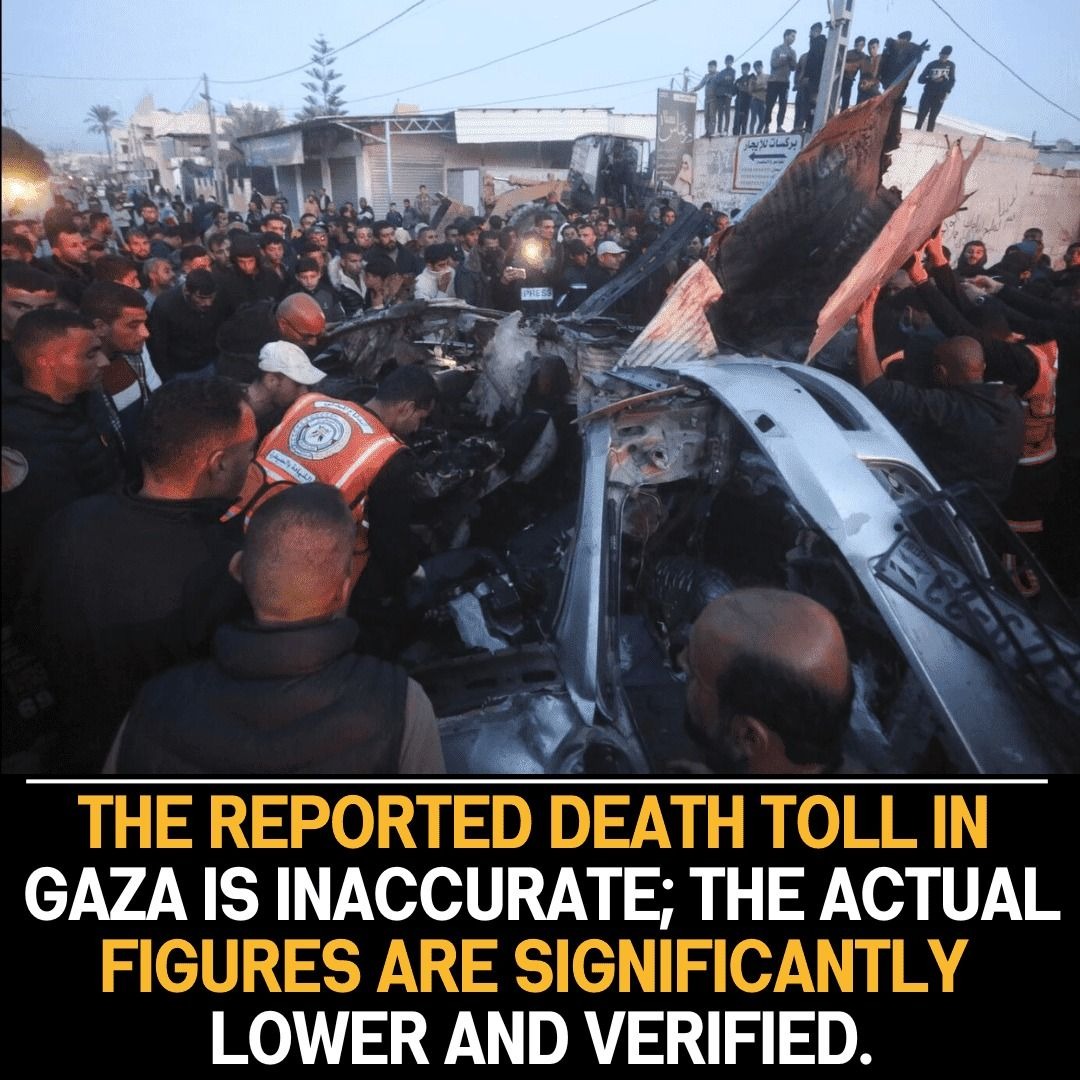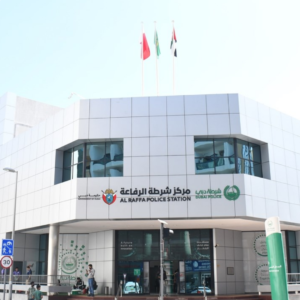In a critical development, it has been revealed that the death toll in Gaza is significantly lower than initially reported, highlighting the importance of accuracy in sensitive situations. The corrected figures underscore the necessity of reliable information, particularly in contexts where precision is crucial.
Initial reports often shape perceptions and responses, especially in situations as sensitive and volatile as the conflict in Gaza. In this case, a discrepancy between the initial reported death toll and the verified figures has come to light, prompting a reevaluation of the information disseminated during the ongoing crisis.
The revision of the death toll is a reminder of the challenges associated with reporting in conflict zones. The fog of war, rapid developments, and the intensity of the situation can contribute to inaccuracies in the early stages of reporting. Journalists and news agencies face the daunting task of providing timely updates while navigating the complexities and risks inherent in conflict reporting.
The importance of reliable information cannot be overstated, especially when dealing with matters of life and death. Inaccurate reporting can have far-reaching consequences, shaping public opinion, influencing policy decisions, and impacting the international response to a crisis. The revised figures in Gaza highlight the need for a thorough and transparent verification process to ensure the accuracy of information before it is disseminated.
Beyond the immediate implications for the ongoing conflict, the incident serves as a broader reflection on the challenges faced by the media in conflict zones. Journalists operate under immense pressure to deliver timely and accurate updates, often at great personal risk. The evolving nature of conflicts demands a constant reassessment of information as new details emerge, emphasizing the need for diligence and transparency in reporting.
In situations where lives are at stake, misinformation can not only mislead the public but also undermine the credibility of news sources. The corrected death toll in Gaza emphasizes the responsibility of media organizations to prioritize accuracy over speed, even in the face of intense competition for breaking news.
The incident also highlights the role of fact-checking and verification processes in the information ecosystem. News organizations and journalists must continuously assess the reliability of their sources and cross-reference information to provide the public with the most accurate and up-to-date reports.
As the situation in Gaza continues to unfold, the revised death toll serves as a poignant reminder of the challenges inherent in reporting on conflicts. It underscores the critical role of the media in delivering accurate information, the responsibility of journalists to verify details before publication, and the broader implications of misinformation in shaping public understanding and responses to complex crises. In an era where information spreads rapidly, the need for accuracy remains paramount, particularly when lives are on the line.









